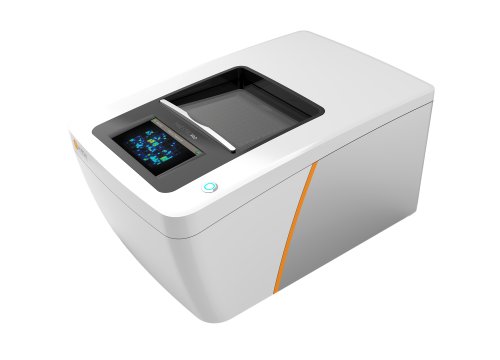Authors: Victor MB, Leary N, Luna X, Meharena HS, Bozzelli PL, Samaan G, Murdock MH, von Maydell D, Effenberger AH, Cerit O, Wen H-L, Liu L, Welch G, Bonner M, and Tsai L-H.
Cell Stem Cell, 2022.
Scientists use Axion’s noninvasive Maestro MEA platform to explore the impact of the Alzheimer’s disease-associate risk gene APOE4 on neuron-microglia communication in vitro.
Research has shown that carriers of the APOE4 gene variant are at an increased risk for developing Alzheimer’s disease, but this relationship is not fully understood. In this study, scientists used CRISPR-edited induced pluripotent stem cells (iPSCs) to examine the impact of APOE4 on neuron-microglia communication in vitro.
To explore the effects of APOE4 in neural-glial co-cultures, the team used Axion’s noninvasive Maestro Pro multielectrode array (MEA) platform and other testing methods. Overall results demonstrate that APOE4 results in a buildup of excess lipids that interferes with typical neuron communication and suppresses neuron firing. Scientists hope these findings may lead to the development of new therapies designed to reprogram microglial metabolism and prevent neurodegeneration in Alzheimer’s disease.


